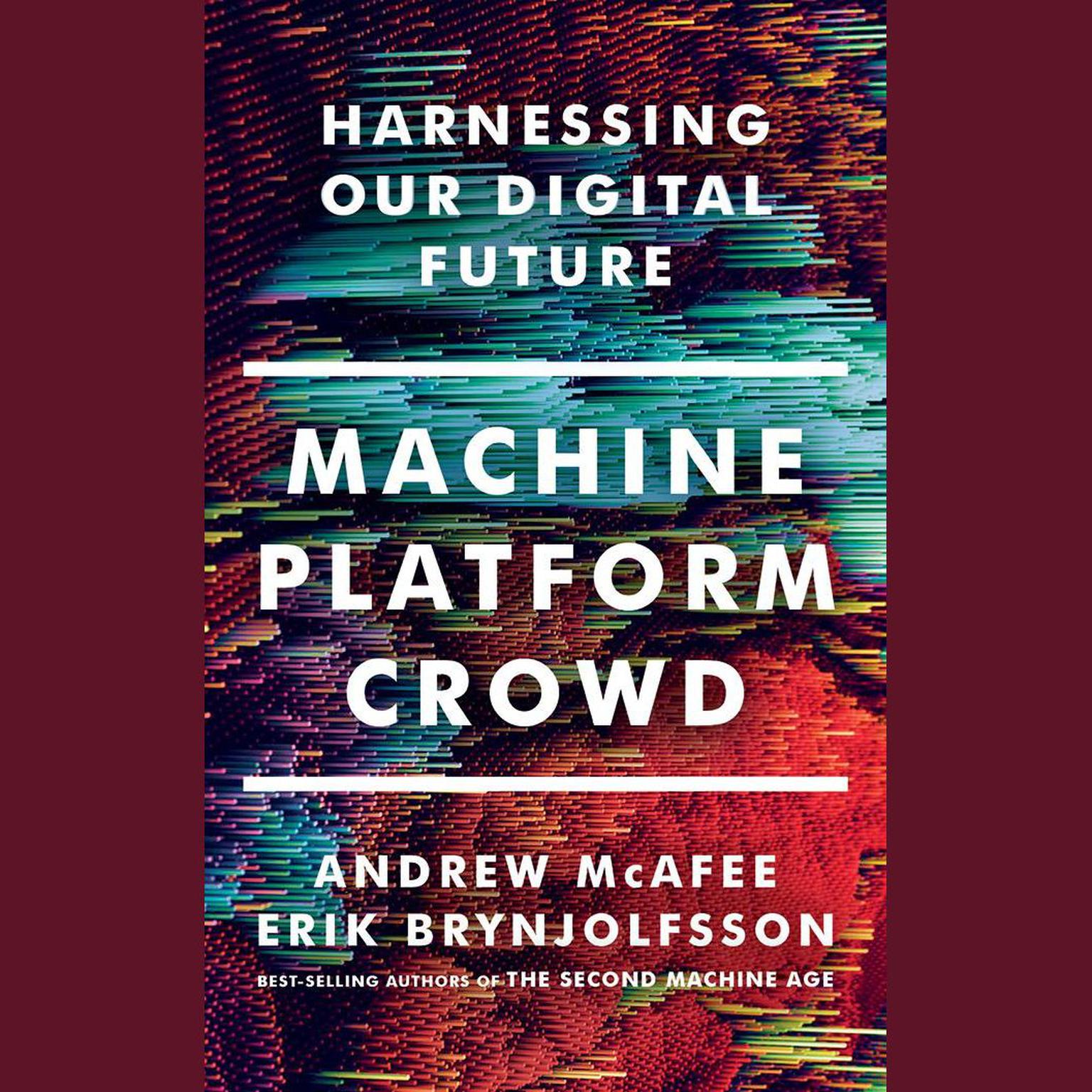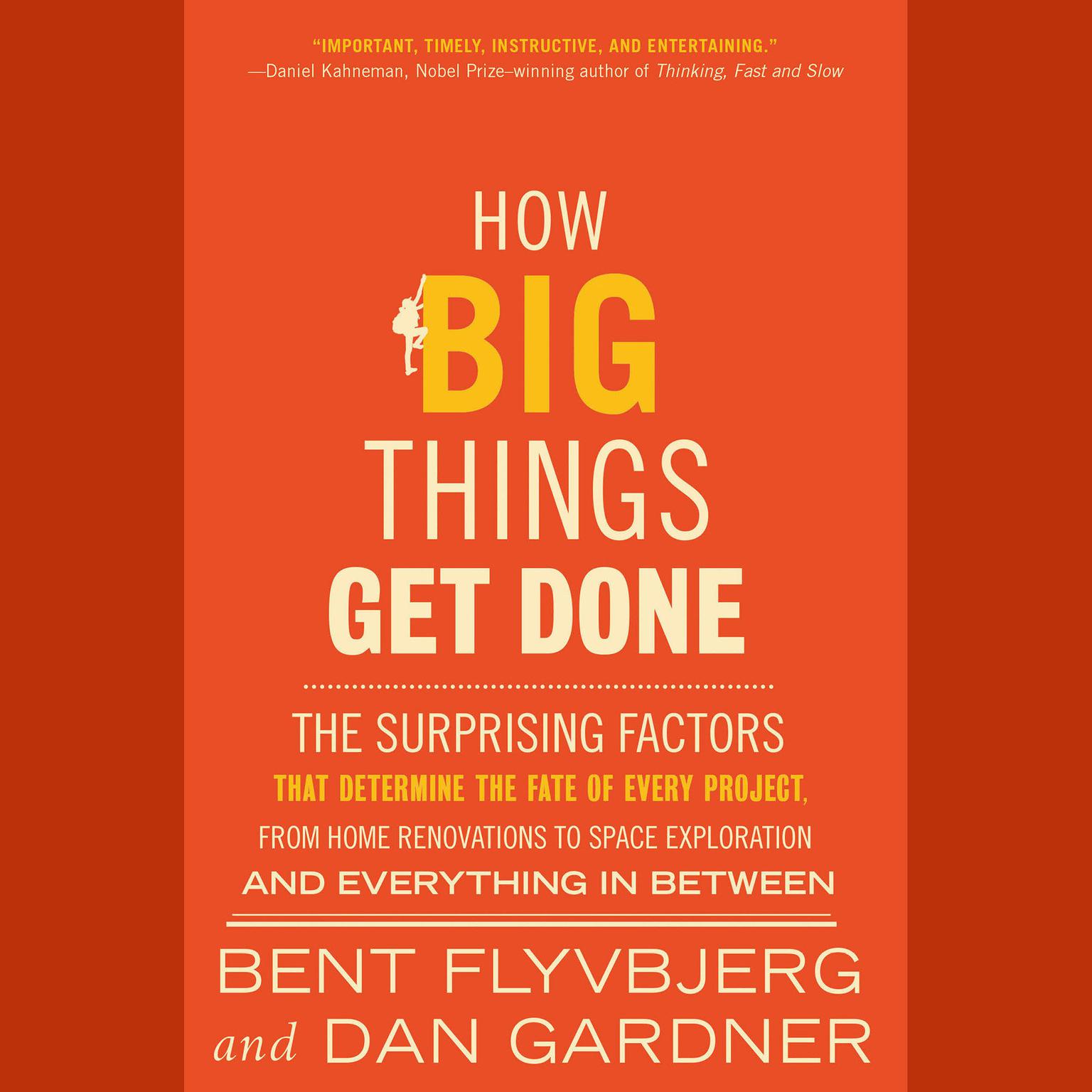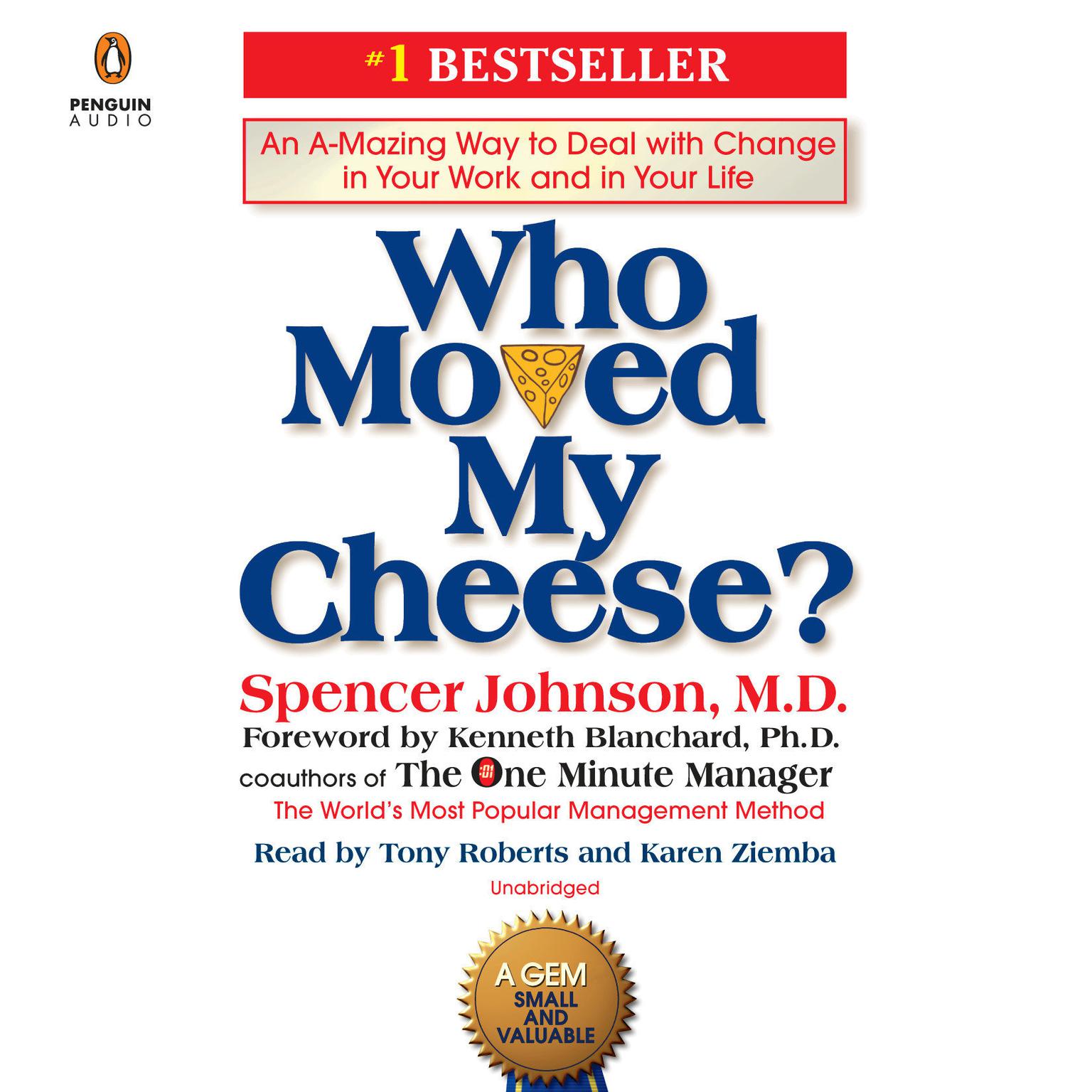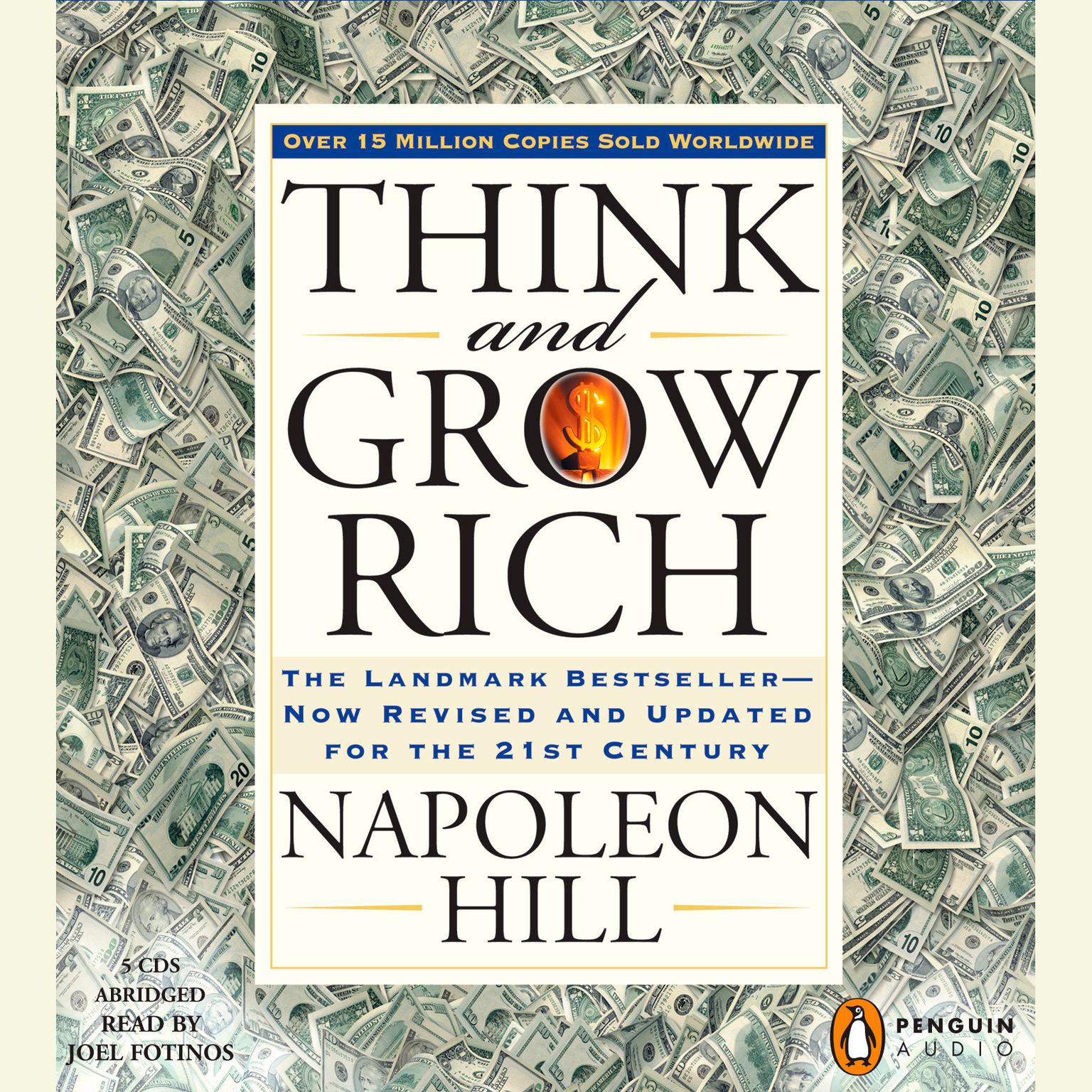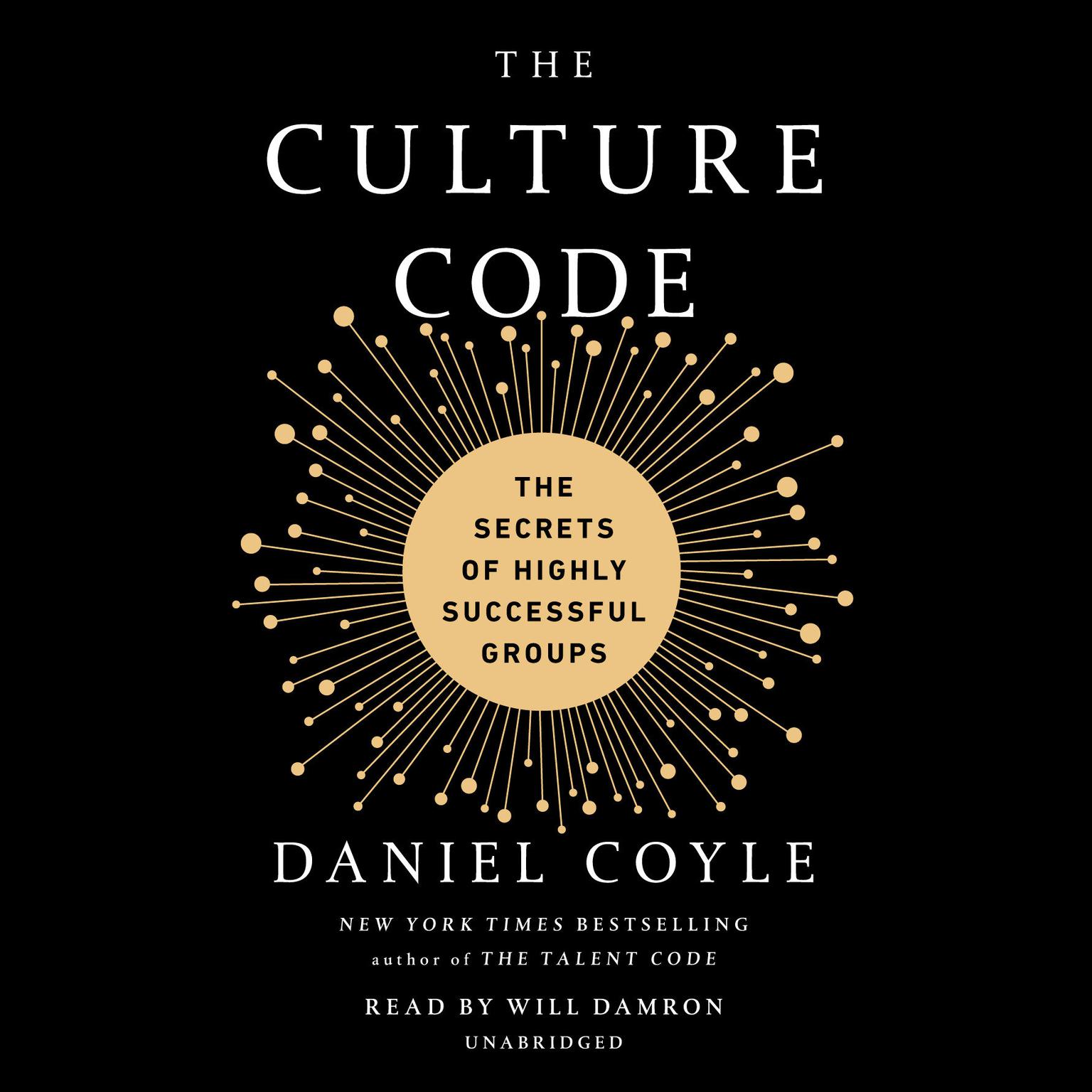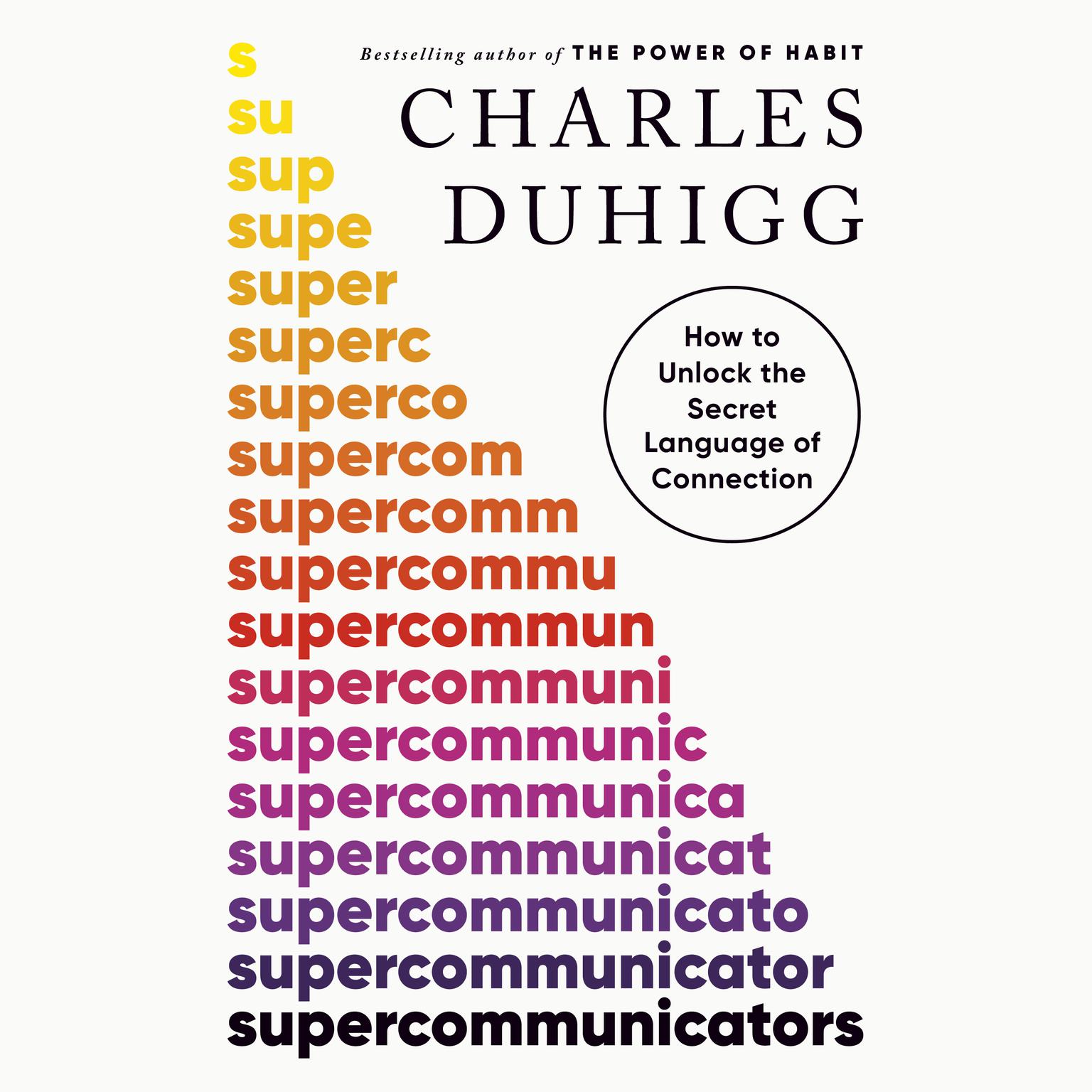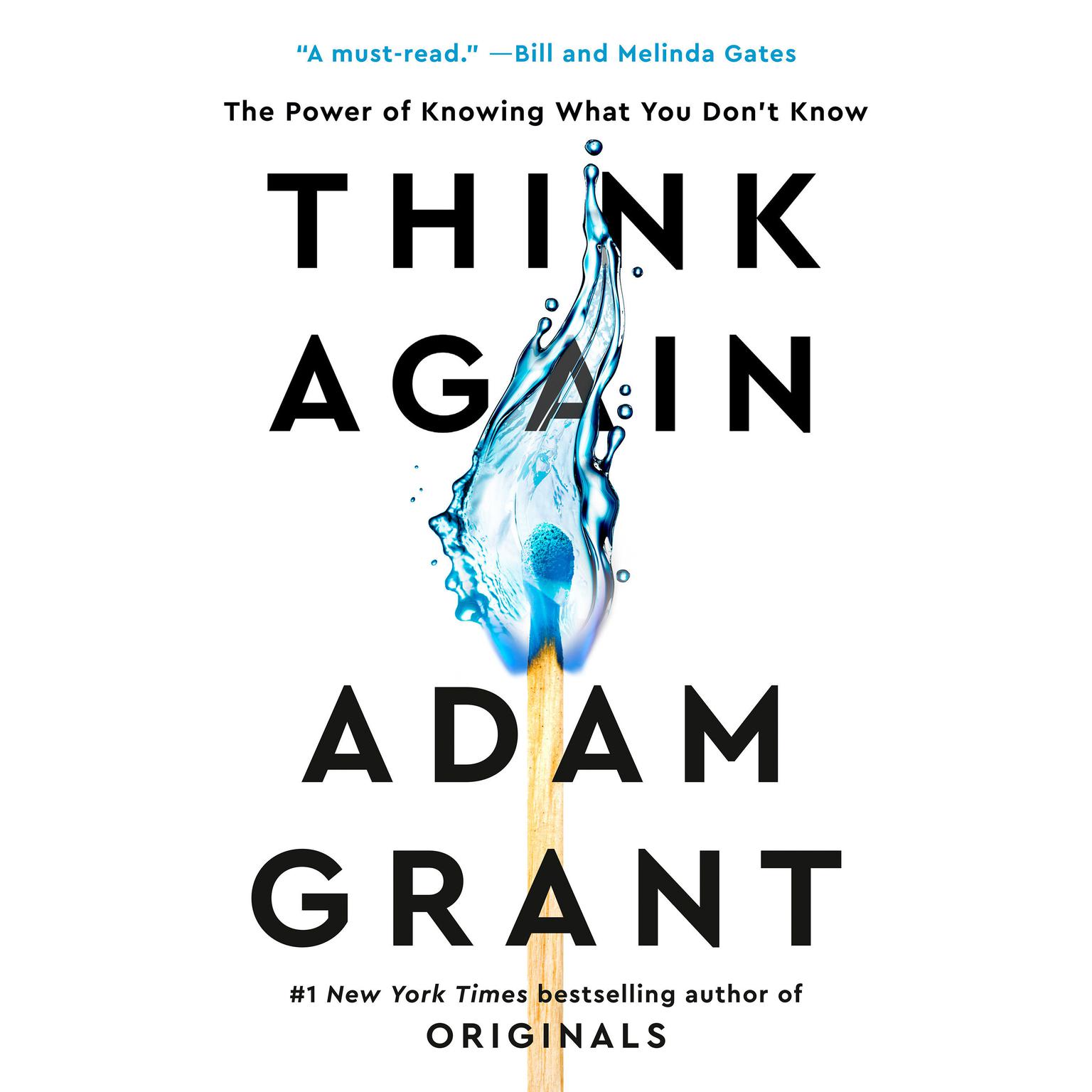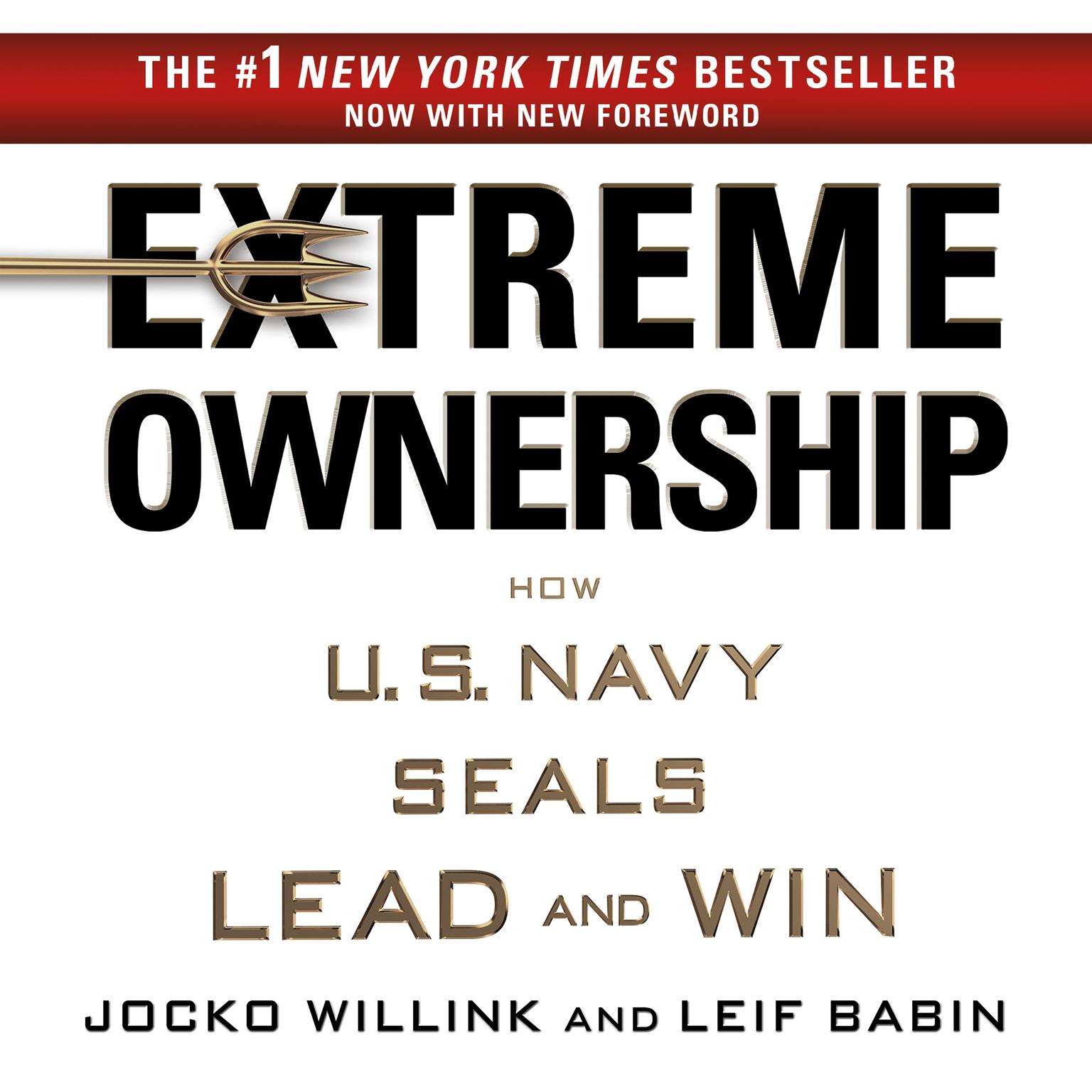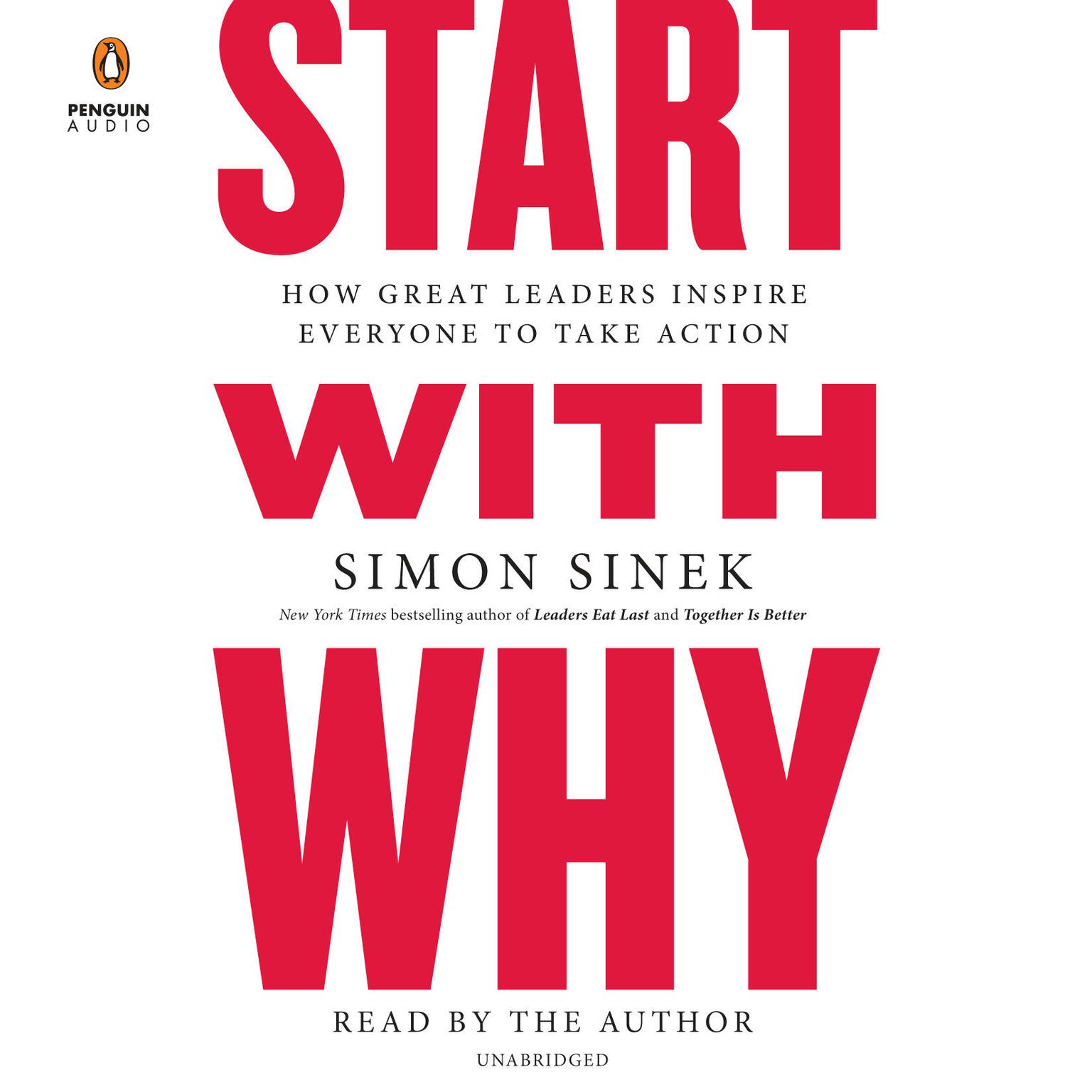Publisher Description
Universal basic income. A 15-hour workweek. Open borders. Does it sound too good to be true? One of Europe’s leading young thinkers shows how we can build an ideal world today.
“A more politically radical Malcolm Gladwell.” —New York Times
After working all day at jobs we often dislike, we buy things we don’t need. Rutger Bregman, a Dutch historian, reminds us it needn’t be this way-and in some places it isn’t.
Rutger Bregman’s TED Talk about universal basic income seemed impossibly radical when he delivered it in 2014. A quarter of a million views later, the subject of that video is being seriously considered by leading economists and government leaders the world over. It’s just one of the many utopian ideas that Bregman proves is possible today.
Utopia for Realists is one of those rare books that takes you by surprise and challenges what you think can happen. From a Canadian city that once completely eradicated poverty, to Richard Nixon’s near implementation of a basic income for millions of Americans, Bregman takes us on a journey through history, and beyond the traditional left-right divides, as he champions ideas whose time have come.
Every progressive milestone of civilization-from the end of slavery to the beginning of democracy-was once considered a utopian fantasy. Bregman’s book, both challenging and bracing, demonstrates that new utopian ideas, like the elimination of poverty and the creation of the fifteen-hour workweek, can become a reality in our lifetime. Being unrealistic and unreasonable can in fact make the impossible inevitable, and it is the only way to build the ideal world.
Download and start listening now!
Both a fun read and a breath of fresh air to anyone who lived through the ghastly experience of last year’s presidential election season . . . Utopia for Realists argues, with humor and sympathy, that we’ve all suffered from forgetting how to dream of a better world….What’s so interesting about modern America is our hostility to the mere idea of trying to create an easier and happier life. We’re a country that was once rich with social experimentation . . . Now we don’t really even try, and mostly just scream at each other on the Internet. That doesn’t seem like it will get us there. Maybe free money and a three-hour workday won’t, either, but it sure seems like it would be more fun to try.
—
Matt Taibbi, Rolling Stone


